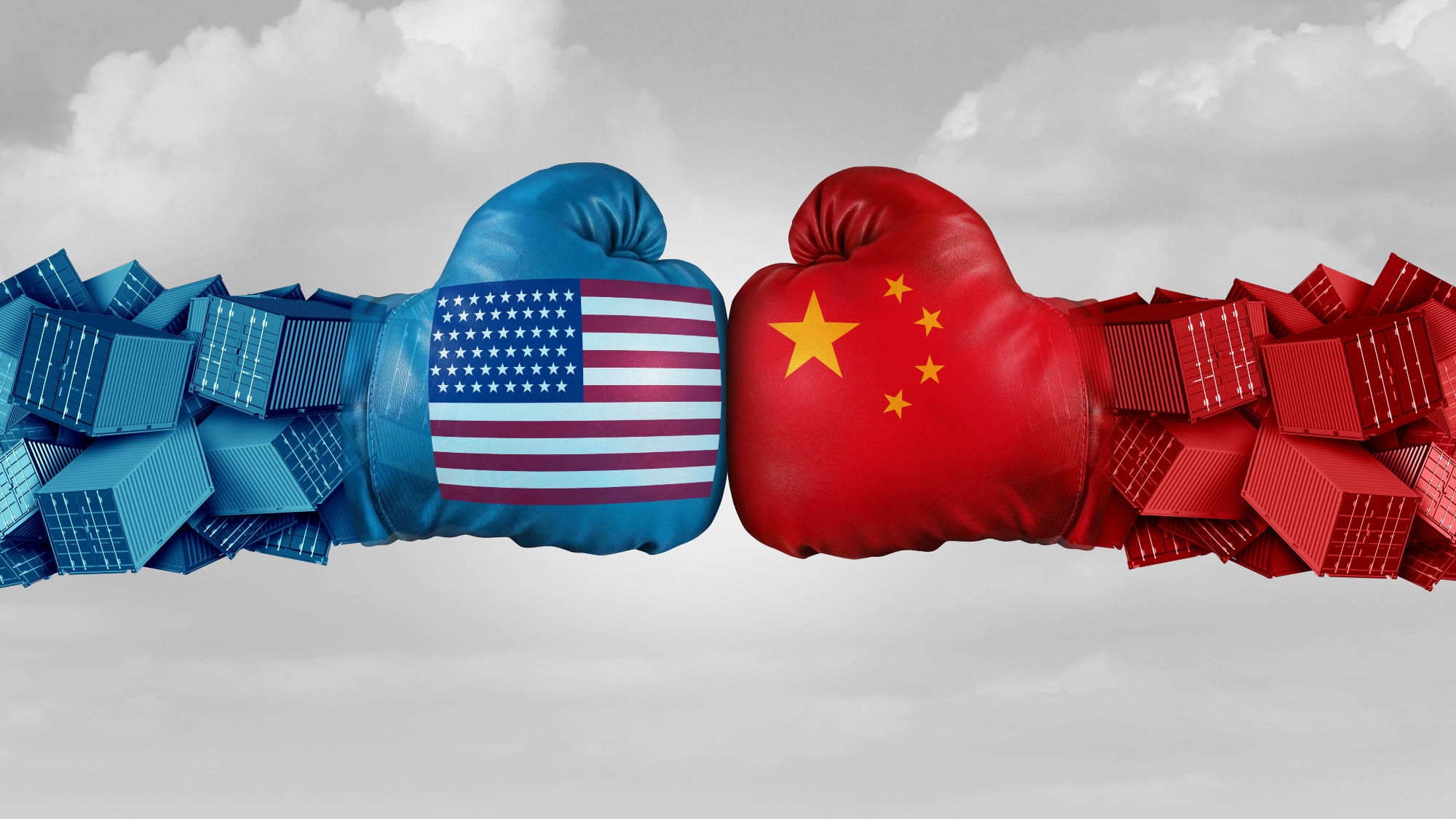Ethics and Supply Management in a Global Environment
Many executives I speak with today discuss the challenges associated with global sourcing, particularly in areas where customs and ethical issues differ. One story related to me recently by an executive relates the importance of managing both corporate considerations, company ethics, and personal relationships with global sources.
This executive shared the following story.
“I was present at a holiday dinner during the 1970’s, also attended by my company’s Director of Manufacturing and Director of Engineering, their wives, and hosted by the owner of an international business partner company also accompanied by his wife. We had just initiated a significant joint venture with this company, and the dinner was a type of “celebration” for the new partnership.
“I was the highest ranking official representing the company in the room. At the beginning of dinner, the host walked into the room with a flourish, and produced a beautiful set of earrings, offering them to the wife of the Director of Engineering. She was clearly delighted. Next, he produced a beautiful amulet, which he placed around the neck of the wife of the Director of Manufacturing. She also thanked him profusely, and accepted the gift. Next, he walked over and opened a box, which contained an exquisite diamond necklace, that must have cost tens of thousands of dollars, and placed it around my wife’s neck. She politely thanked him, held her hand to her throat and stated that she could not accept the gift. He insisted, saying that it was “his birthday”, and for that reason, she must accept it as a gift to him. I intervened, and noted with some firmness that we definitely could not accept the gift. The dinner was taking place in a large public restaurant. The discourse had attracted some attention for nearby diners. Later at dinner, he tried again to present the necklace, and did so again at dessert. Each time, I politely declined. Finally, as we were leaving, he stated that if we were not going to accept the necklace, then he would leave it on the floor, which he did. We left shortly thereafter.
“Was this inappropriate behavior on my part? We clearly had insulted a business partner – yet did I act with integrity? Was it the right decision? To answer this question, consider the following context…
“I reported to our CEO for 10 years, having been promoted to VP at age 34. During this time I had accountability for purchasing, traffic and logistics for the entire organization. Depending upon the time period within the 10 years my additional responsibilities included: R&D, formation of a new division with P&L, management of a self contained process control computer manufacturing division, energy management, real estate management and management of the corporate office building including a relocation of 300 people to a new office. Numerous other issues of ethics, internal policy interpretation, social responsibility and inter-company turf were encountered. The single best complimentary letter that I ever received came in a year ago from my former CEO as I began a new business venture: The note included this line: “Your reputation for integrity will serve you well”.
“During my years as VP and CPO, my President and Chairman were each quite active in the civic and business community. My Chairman was one of the founders of the newly formed National Minority Purchasing Council, the fore-runner of today’s NMSDC, and was a social responsibility advocate by word and deed, and served several other local city boards in our corporate home city. My President and CEO had an armful of outside activities. He had served as a Campaign Finance Chairman for a US Congressman, chaired the State Industrial Development Commission for the Governor, was president of the local Chamber of Commerce, served on several corporate boards, was chairman of the industry trade association, and was often on the phone with high profile politicians who would ask his opinion or seek input and support on economic and policical issues.
“The point of all of this foundation building is this. Both men were in constant communication and meetings with others who were seeking to do business with our company. In one of the wisest meetings I have ever attended, the three of us met early in my tenure. The gist of the meeting was this.
1. We meet people who ask how they can sell something to our company. These are our friends, our business associates, our fellow club or church members and our political allies. We need to be nice to them.
2. You are in charge of buying things and determining who we should buy from.
3. We will refer anyone who asks for an opportunity to do business with the company to you.
4. You will ignore any implications of referral or recommendation that you hear from these people and make the best business decision for the company.
5. If our own mother should come in to sell pencils and her price/terms are too high, politely “throw her out”.
6. Our mutual job is to build relationships and to do the best job we can for the company.
“Much of what I see about corporate ethics is policy, implementation, judgment and accountabilty driven. The above scenario adds something to the mix. There should properly be an internal understanding and partnership that establishes an ethics policy but also manages the policy in a manner that, in the borrowed words of one line of Rotary International’s 4-way Test, “Builds good will and promotes fellowship”. One can say “No” in many alternate ways. Ethics is about avoiding the appearance of conflict of interest, not just the conflict itself.
“Returning to the business dinner and attempted gift of jewelry, the decision to refuse the gift was a good one. As CPO, my personal reputation would have been compromised by appearing to accept such a gift in a public place even if it were discretely returned at a later time. The acceptance of gifts by other corporate personnel created an uncomfortable precedent; yet it was my job to do the right thing. Finally, the reader should know that the business deal later fell apart based, in part, on poor business practice by the international “partner”. In this situation, one had only a few seconds to make a decison that must be “lived with”, explained to others and support continued business relationships. My wife and I had thoroughly discussed issues of family and business ethics; she was an equal partner in making the correct decision with conviction and grace.”
- Categories:


